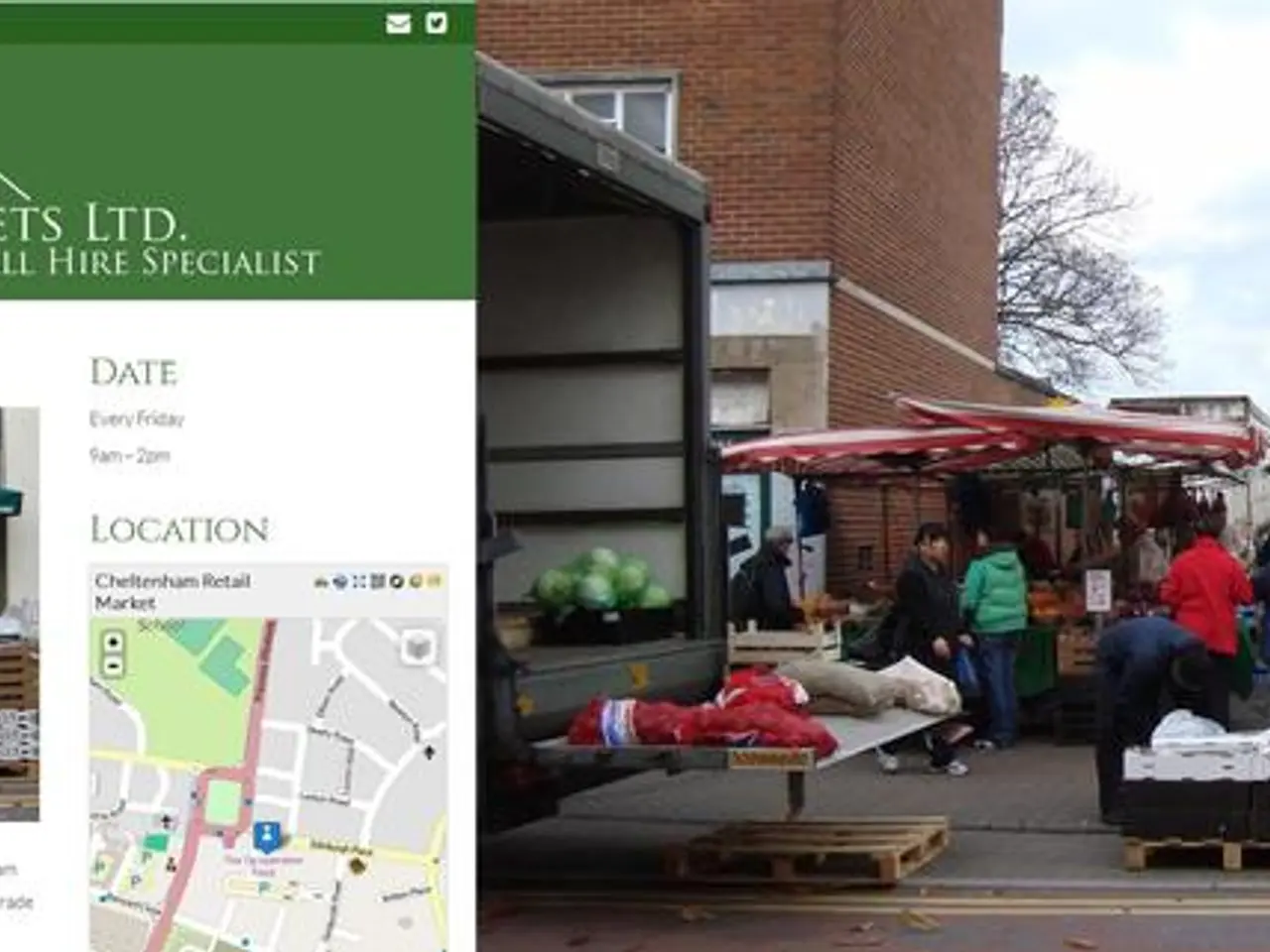Rapid drop in demand for courier services observed in Russia
In a recent report by the Russian Advertising Industry Analytical Centre, presented to Vedomosti, it was revealed that the Russian job market is experiencing a long-term labor shortage that is expected to persist until at least 2030. This labor shortage, influenced by geopolitical tensions, economic slowdown, and technological shifts, is particularly evident in sectors such as retail, logistics, and agriculture.
The report, based on data from the second quarter of 2025, shows that over 90% of Russian companies experienced staff deficits. The shortage reached around 1 million workers, with high staff turnover rates of 48%, significantly higher than normal levels. This labor shortage is attributed to demographic decline and the ongoing pressures of a wartime economy.
Economic uncertainty is another factor shaping the job market. Russia's economy is under strain with a dual-circuit model - defense-related sectors are expanding while others are slowing down. This economic strain is leading companies in sectors such as machinery manufacturing, relevant to logistics and agriculture equipment, to adopt cost-optimization measures like reduced hours and a four-day workweek to avoid layoffs amid uncertain demand.
Hidden unemployment and underemployment are also emerging issues. Despite official signs of decreased labor shortages in some statistics, many workers face reduced hours, part-time employment, or downtime, signaling growth in hidden unemployment.
Technological and structural changes are also impacting the job market. The growing demand for sustainability-linked roles and digital skills is affecting workforce strategies, implying that Russian sectors may also gradually face pressure to reskill workers to new tech-driven requirements.
The retail, logistics, and agricultural sectors are heavily impacted by the overall labor shortage and economic uncertainty. For instance, agricultural machinery demand, as shown by the case of Rostselmash, is linked tightly to the economic cycle, suggesting cyclical employment patterns in agriculture. In retail and logistics, labor shortages and turnover remain high, forcing companies to optimize labor costs while maintaining enough staff to meet demand.
According to Nikolai Vasilyev, the head of the Russian Advertising Industry Analytical Centre, the changes in job market trends are temporary. However, the report did not specify the reasons for the temporary nature of the job market trends beyond seasonal factors and industry-specific characteristics.
The survey, conducted ahead of autumn and the start of the business season, included over 19,400 Russians from all federal districts, including residents of the Krasnodar Krai. The survey aimed to find out who among the working population feels most confident about their abilities and the success of finding a well-paying job quickly in the next three months.
Notably, the number of job vacancies decreased by 7 percent in the second quarter of 2025. However, the number of applicants for courier positions increased by 102 percent during the same period, suggesting seasonal factors at play.
As we move forward, it is clear that Russia's job market will continue to be shaped by these long-term trends, requiring companies in retail, logistics, and agriculture to adapt and evolve to meet the changing demands of the workforce.
Read also:
- Catastrophe at a U.S. Steel facility in Pennsylvania results in the loss of two lives. crucial details unveiled
- Manipulating Sympathy: Exploiting Victimhood for Personal Gain
- Auto Industry Updates: Geotab, C2A, Deloitte, NOVOSENSE, Soracom, and Panasonic in Focus
- Exploring Money-Making Opportunities in Digital Gaming Worlds




